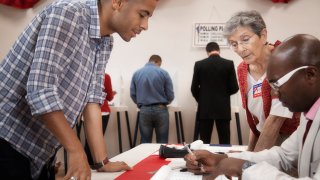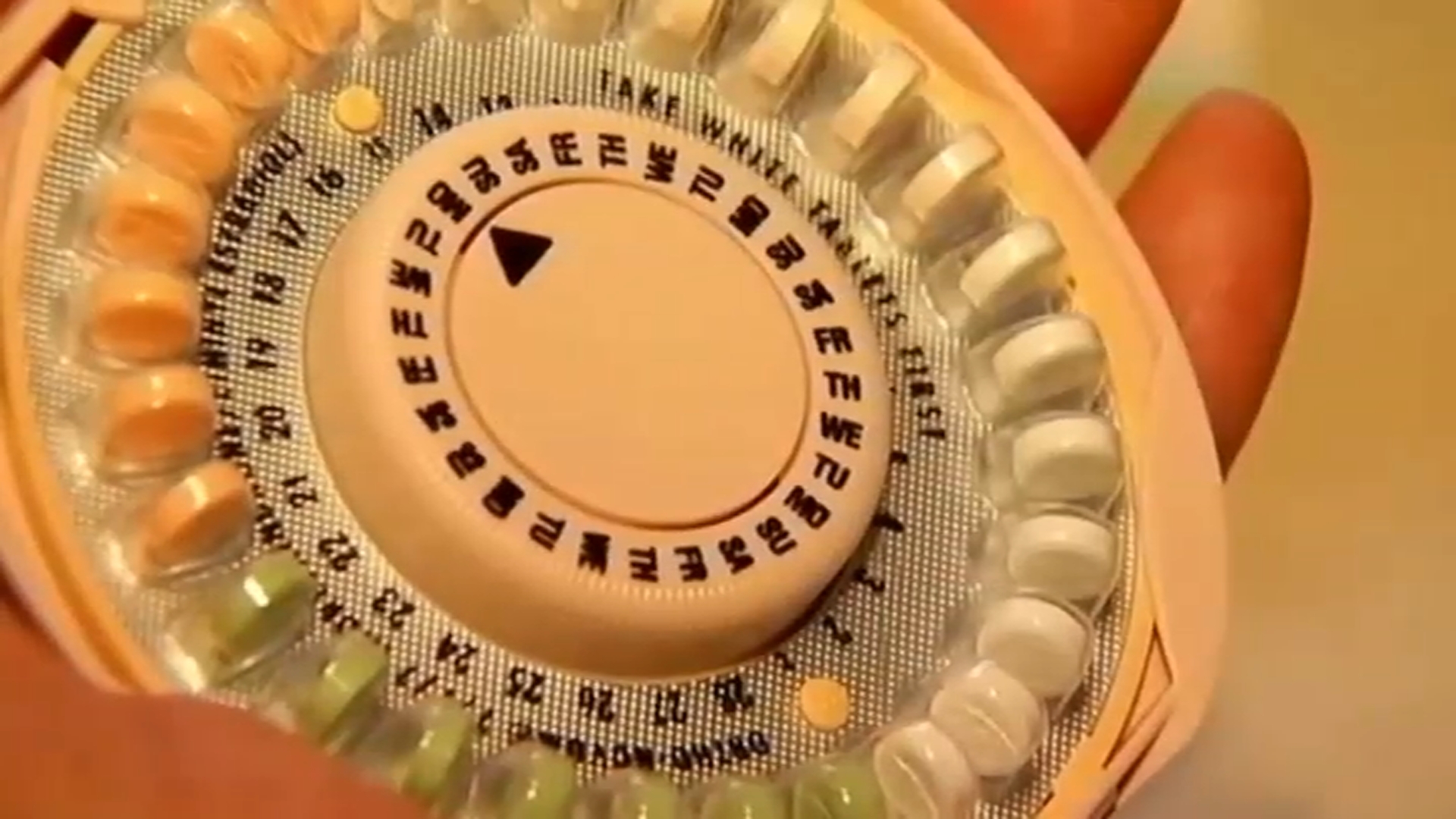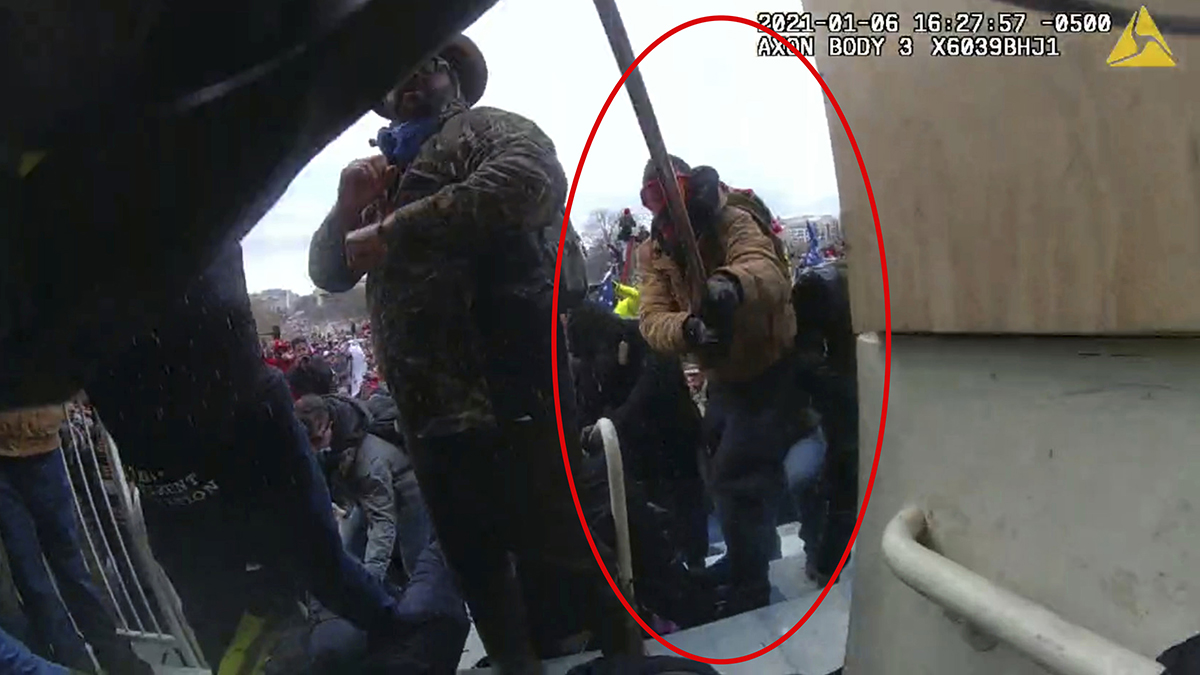
Although Americans say they have few concerns regarding underage teens casting ballots, strict voter ID laws are adversely impacting the country’s college-age electorate, according to researchers who track youth engagement and turnout.
Because young Americans are foregoing drivers’ licenses in growing numbers, they increasingly rely on college ID cards as their principal form of photo identification. But more than a dozen states either don’t accept college ID as an acceptable form of voter identification, or they only accept some of the ID cards from colleges in their state.
Young adults also relocate more frequently than older voters, making it more likely their government-issued ID may be in need of updating.
A 2014 federal report found strict photo ID laws reduce turnout by 2-3 percentage points, translating to tens of thousands of votes lost in a single state. And the Center for Information & Research on Civic Learning and Engagement (CIRCLE) at Tufts University detailed how strict new rules that limit the use of student ID cards in Wisconsin likely had a significant impact on youth turnout in 2016.
We're making it easier for you to find stories that matter with our new newsletter — The 4Front. Sign up here and get news that is important for you to your inbox.
“Not only do [voter ID] policies directly impact young people, but they also add an extra layer of complication to voting,” said Ruby Belle Booth, CIRCLE’s elections coordinator. “Especially for a young person who's never voted before, anything that makes it a bit harder or a bit more intimidating can really have an impact.”
An October poll by LX News and YouGov found a majority of Americans had concerns about voter fraud, even though countless investigations, judicial hearings and forensic audits rejected claims about the 2020 presidential election.
Their top concerns:
- 58% — people voting more than once
- 55% — people lying about their citizenship
- 54% — people using fake names
- 51% — people casting ballots for family members
- 50% — people voting in a place they do not live
The only choice that was not a concern for a majority of respondents: teens lying about their age to illegally cast a ballot, with 33% of respondents indicating it was a concern, compared to 57% who said it was not.
- A majority of Americans support allowing voters to use utility bills, bank statements or student IDs to confirm their identities
- Respondents were split down the middle as to whether it was more important to make sure no one commits voter fraud or to make sure no one eligible to vote is prevented from doing so
But countless polls in recent years have found that requiring a photo ID to vote is a popular idea — even among many Democrats. Republicans have long argued that voting should be no different than other activities, such as driving or buying alcohol, that require photo ID.
Politics
Political news from the U.S. Capitol, White House and around Washington, D.C., Maryland and Virginia
Critics have pointed out that voter ID laws pose a greater inconvenience to women, who may not replace their licenses and passports immediately after getting married and changing their names, as well as minorities, who are less likely to have a government ID than white individuals.
One-in-five 18-year-olds do not have drivers licenses, and a majority of those who don’t have no government-issued photo ID at all. Black and Hispanic teens are nearly twice as likely as white teens to not have a license.
The ACLU says tens of millions of Americans have a constitutional right to vote, but lack government identification.
And in Texas, critics have taken to Twitter to decry the state’s shift toward more strict voter ID laws.
“It's important to invest in young people because our democracy exists for everyone,” Belle said. “Everyone should have an equal opportunity to participate, so making sure we are supporting people and helping them get over these barriers is essential to make sure that our democracy actually lives up to the standards that it preaches.”
Noah Pransky is LX News’ National Political Editor, covering Washington and state politics, with a special focus on young voters. His political and investigative work has been honored with national Murrow, Polk, duPont and Cronkite awards, and you can contact him confidentially at noah.pransky@nbcuni.com, or on Facebook, Instagram or Twitter.



